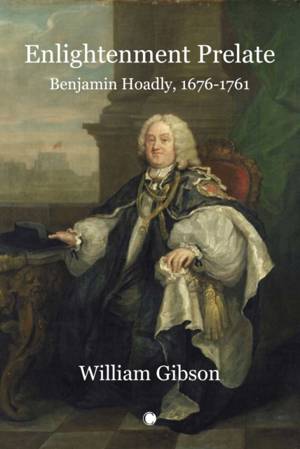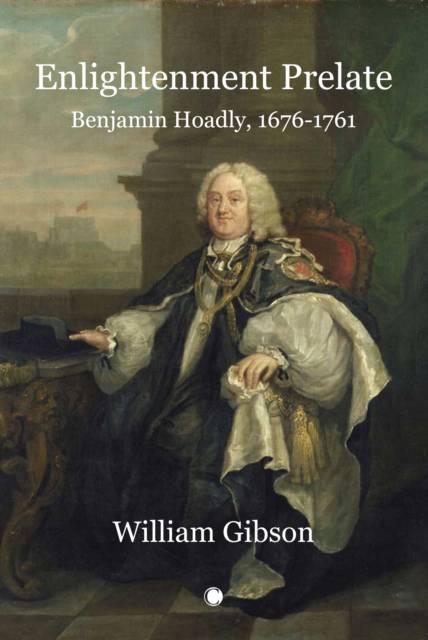
Je cadeautjes zeker op tijd in huis hebben voor de feestdagen? Kom langs in onze winkels en vind het perfecte geschenk!
- Afhalen na 1 uur in een winkel met voorraad
- Gratis thuislevering in België vanaf € 30
- Ruim aanbod met 7 miljoen producten
Je cadeautjes zeker op tijd in huis hebben voor de feestdagen? Kom langs in onze winkels en vind het perfecte geschenk!
- Afhalen na 1 uur in een winkel met voorraad
- Gratis thuislevering in België vanaf € 30
- Ruim aanbod met 7 miljoen producten
Zoeken
€ 56,95
+ 113 punten
Uitvoering
Omschrijving
Benjamin Hoadly, Bishop successively of Bangor, Hereford, Salisbury and Winchester, was the most controversial English churchman of the eighteenth century, and he has unjustly gained the reputation of a negligent and political bishop. His sermon on the nature of Christ's kingdom sparked the Bangorian controversy, which ranged from 1717 to 1720 and generated hundreds of books, tracts and sermons, while his commitment to the Whigs and the cause of toleration for Dissenters earned him the antagonism of many contemporary and later churchmen. In this powerfully revisionist study, Hoadly emerges as a dedicated and conscientious bishop with strong and progressive principles. His commitment to the ideology of the Revolution of 1688 and to the comprehension of Dissenters into the Church of England are revealed as the principal motives for his work as a preacher, author and bishop. Gibson also shows how Hoadly's stout defence of rationalism made him a contributor to the English Enlightenment, while his commitment to civil liberties made him a progenitor of the American Revolution. Above all, however, the goal of reuniting of English Protestants remained the heart of Hoadly's legacy.
Specificaties
Betrokkenen
- Auteur(s):
- Uitgeverij:
Inhoud
- Aantal bladzijden:
- 348
- Taal:
- Engels
Eigenschappen
- Productcode (EAN):
- 9780227176771
- Verschijningsdatum:
- 31/03/2022
- Uitvoering:
- Paperback
- Formaat:
- Trade paperback (VS)
- Afmetingen:
- 234 mm x 155 mm
- Gewicht:
- 284 g

Alleen bij Standaard Boekhandel
+ 113 punten op je klantenkaart van Standaard Boekhandel
Beoordelingen
We publiceren alleen reviews die voldoen aan de voorwaarden voor reviews. Bekijk onze voorwaarden voor reviews.









